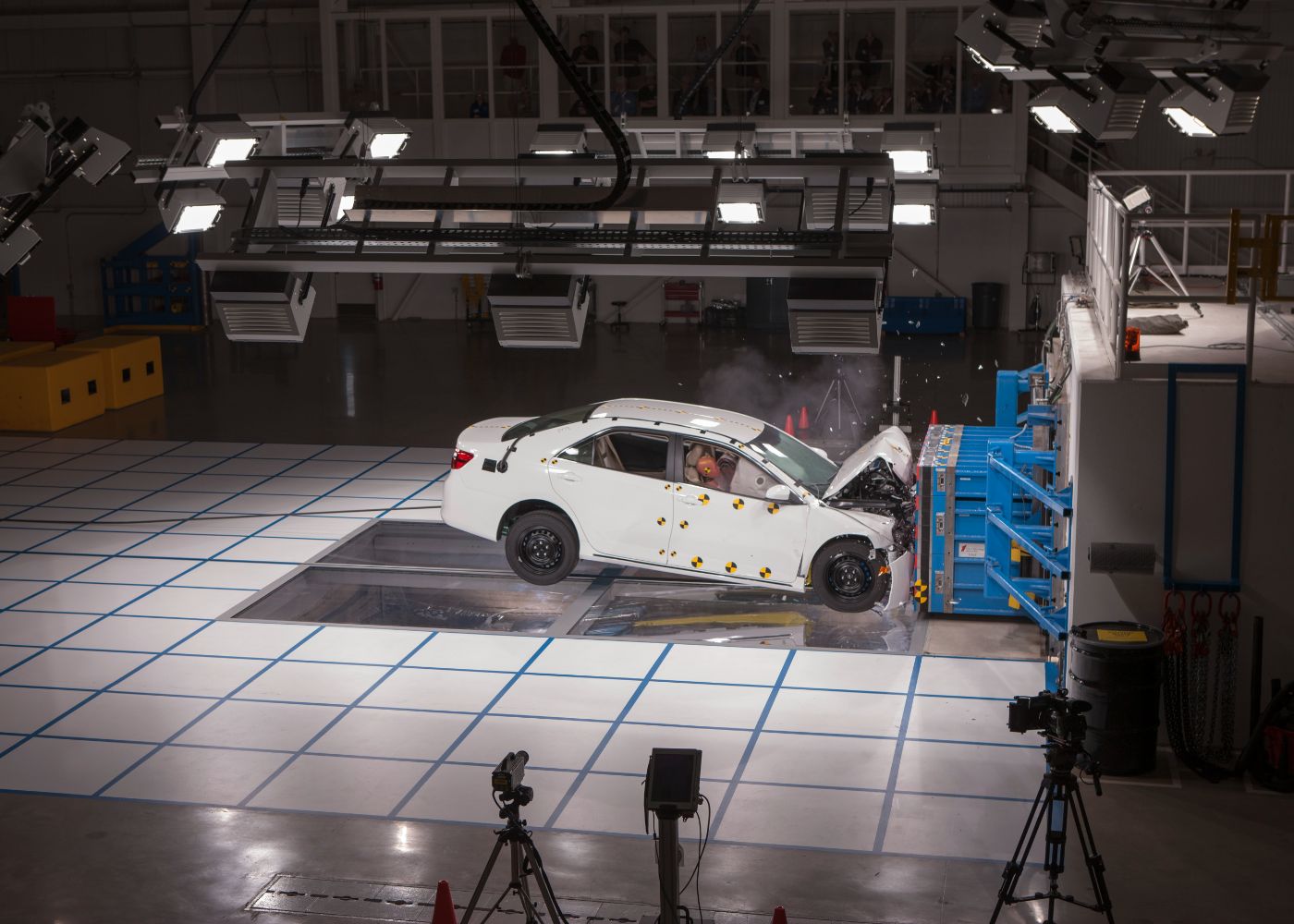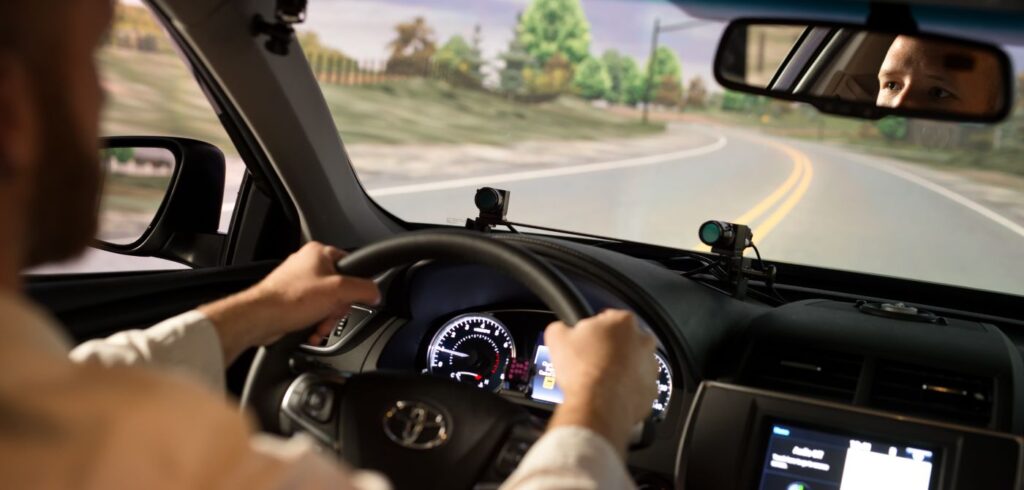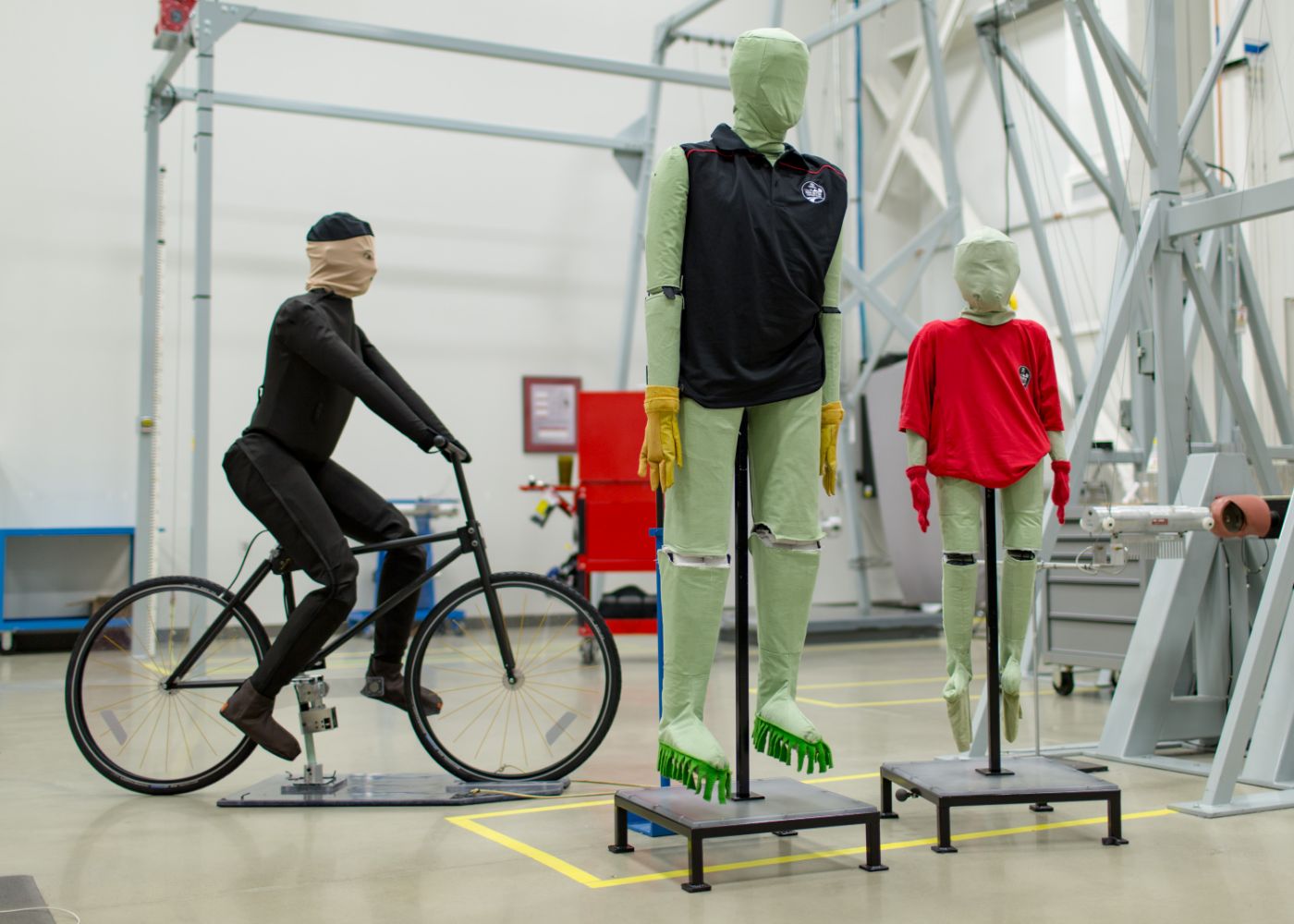Backed by a five-year, US$30m investment, Toyota’s Collaborative Safety Research Center (CSRC) has detailed nine new projects it will undertake. These will study the range of safety needs and equipment needed to accommodate different applications, physical characteristics and levels of accessibility for people and society. To emphasize agility for more rapid results, the aim is to complete each program in a short amount of time.
Researchers at Toyota’s CSRC will work with experts from the University of Massachusetts – Amherst, Children’s Hospital of Philadelphia, University of Michigan Transportation Research Institute, Massachusetts Institute of Technology, University of Iowa, Virginia Tech and Indiana University – Purdue University Indianapolis. Data from each project will be published and openly presented to maximize the output industrywide.
“The foundation of CSRC is built on collaborations to tap outstanding safety researchers and institutions throughout the country, and we’re excited to continue these strategic partnerships into the future,” said Danil Prokhorov, director of Toyota’s CSRC and Future Research Department. “As we explore inclusive safety technologies for meeting unique and ever-evolving needs in our pursuit of mobility for all, we’ll also continue to publish our CSRC research discoveries for others to help foster societal benefit.”
Meanwhile CRSC has published a thought leadership paper summarizing the results of research initiative CSRC Next, which ran from 2017 to 2021. This phase saw a US$35m investment in research examining the challenges and opportunities of autonomous and connected vehicle technologies over the next decade. The paper can be reviewed and downloaded here.





